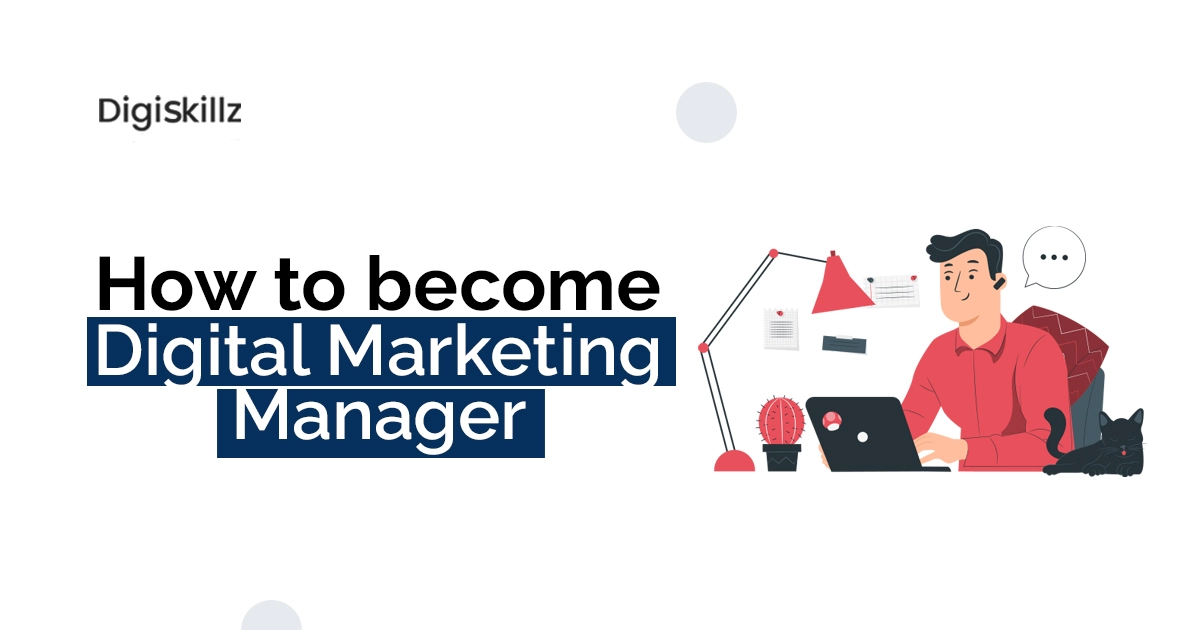
Unlocking Success: Strategies for Growing Your Ecommerce Business in a Competitive Market Today
In recent years, the global landscape of commerce has shifted dramatically toward online platforms. Ecommerce businesses have evolved into one of the most powerful forces in the world economy, reshaping how consumers purchase goods and how companies reach their audiences. From large-scale online retailers like Amazon to niche marketplaces for specialty products, the flexibility and reach of ecommerce have made it a cornerstone of modern commerce. This shift is not simply a trend but a reflection of deeper changes in consumer behavior. As mobile devices, faster internet connections,more people are choosing the convenience of online shopping. With the increasing accessibility of these platforms, ecommerce businesses have surged, creating immense opportunities for both seasoned entrepreneurs and beginners alike.
Yet, while the barriers to entry for starting an ecommerce business have lowered, achieving success in this field requires more than just listing products online. The digital marketplace is highly competitive, with millions of businesses varying for customer attention. To stand out, ecommerce companies must leverage effective marketing strategies tailored to the nuances of online platforms. This brings us to the importance of ecommerce business marketing, an area that demands a blend of creativity, data analysis, and a deep understanding of customer behavior.
Marketing an ecommerce business involves much more than basic digital advertising. It encompasses a broad spectrum of activities, including social media engagement, search engine optimization (SEO), influencer partnerships, content creation, email marketing, and customer relationship management. As we delve into “The Ultimate Guide to Launching a Successful Ecommerce Business” you’ll discover the tools, strategies, and best practices that successful ecommerce businesses use to drive traffic, increase sales, and build long-lasting customer loyalty. Whether you’re launching a new online store or looking to grow an established ecommerce business, these insights will equip you with the knowledge to succeed in an ever-evolving digital marketplace.
Table of Contents
Understanding Ecommerce Business Marketing: The Fundamentals

Unlock your potential with an Ecommerce business—where innovation meets opportunity in the digital marketplace
Marketing an ecommerce business requires an integrated approach that connects your brand with your target audience across multiple channels. Unlike brick-and-mortar stores, ecommerce companies cannot rely on foot traffic. Instead, they must draw customers from the vast, highly competitive internet. Successful ecommerce marketing centers around understanding customer intent, behavior, and preferences, while continually refining strategies based on data-driven insights.
The foundation of effective ecommerce marketing begins with a deep understanding of your target audience. You need to identify not just who your customers are but also what motivates them to make purchasing decisions. This includes studying demographic data (age, location, gender), psychographics (lifestyle, interests), and even pain points that your product or service can solve. One of the first steps in launching a successful marketing campaign is developing comprehensive buyer personas semi fictional representations of your ideal customers. These personas will guide everything from your content strategy to your social media messaging, helping ensure that your marketing resonates with the right people.
In addition to understanding your audience, you must optimize your ecommerce website for search engines. SEO is critical in ensuring that your online store is visible to potential customers who are searching for the products or services you offer. The basics of ecommerce SEO include keyword research, creating high quality content, optimizing product descriptions, using alt text for images, and ensuring your site is mobile-friendly and fast-loading. Without proper SEO, your ecommerce business might never show up on the first page of search results, which is where the majority of traffic goes.
Building Your Ecommerce Brand: Standing Out in a Crowded Market place
Branding is another essential aspect of ecommerce business marketing. In a marketplace saturated with competitors, your brand is often the deciding factor in whether a customer chooses you over someone else. Your brand is more than just a logo or a catchy tagline; it’s the sum total of how your business is perceived by customers. A strong brand evokes trust, reliability, and a sense of connection, all of which are crucial for converting first-time visitors into repeat buyers.
To build a compelling ecommerce brand, focus on creating a unique value proposition (UVP). This is the promise you make to your customers about what sets you apart from competitors. Your UVP should be clear, concise, and communicated consistently across all marketing channels from your website to your email campaigns and social media posts. For example, if you sell eco-friendly, sustainable products, your UVP might highlight your commitment to the environment and your use of ethically sourced materials. By making your brand’s values and benefits clear, you help your customers understand why they should choose your products.

Unlock your potential with a thriving ecommerce business today
Another way to build a strong ecommerce brand is by leveraging customer testimonials and reviews. Social proof evidence that other people are satisfied with your product can have a profound impact on purchasing decisions. Featuring authentic customer reviews on your website and social media pages helps to build trust and credibility, especially for new customers who may be hesitant about buying from an unfamiliar store. Many successful ecommerce businesses also use influencer marketing to enhance their brand’s visibility and reputation. Partnering with influencers whose followers align with your target audience can significantly boost brand awareness and customer engagement.
Content Marketing: Fueling Growth with Valuable Information
Content marketing plays a pivotal role in driving ecommerce success. By creating valuable, informative, and engaging content, you can attract potential customers, nurture leads, and establish your business as an authority in your industry. Content marketing can take many forms, including blog posts, videos, podcasts, and infographics, all of which should aim to address the needs and interests of your target audience.
One key benefit of content marketing is its ability to improve your search engine rankings. By producing high quality, keyword-optimized content, you can increase your chances of ranking higher on Google and other search engines, driving more organic traffic to your ecommerce website. For example, if your ecommerce store sells fitness equipment, you could create a blog series on “Tips for Staying Fit at Home” or “How to Choose the Best Equipment for Your Fitness Goals.” This type of content not only educates your audience but also positions your brand as a trusted resource in your niche.
In addition to blogs, videos have become a powerful tool in ecommerce marketing. With platforms like YouTube, Instagram, and TikTok, businesses can showcase their products in action, provide tutorials, or share customer testimonials. Video content is particularly effective
because it engages users more deeply than text or images alone, making it easier to communicate your brand’s message and build a connection with your audience.
Social Media Marketing: Engaging with Your Audience
Social media marketing has become one of the most important platforms for ecommerce business marketing. With billions of users across platforms like Facebook, Instagram, Twitter, and TikTok, social media offers unparalleled opportunities to reach and engage with your target audience. But being active on social media is insufficient. To succeed, you must develop a cohesive strategy that aligns with your brand’s goals and speaks directly to your audience’s interests.
Start by choosing the platforms that are most relevant to your ecommerce business. If you sell visually appealing products like clothing or home decor, Instagram and Pinterest are ideal platforms for showcasing your products through high-quality images and videos. If your target audience includes professionals or B2B customers, LinkedIn may be a better platform to share industry insights and connect with decision-makers.
Once you’ve chosen the right platforms, focus on creating content that encourages interaction. Social media is a two-way street, and the most successful brands actively engage with their followers. This means responding to comments, participating in conversations, and even sharing user-generated content. Hosting giveaways, running contests, and using interactive features like polls or Q&A sessions can also boost engagement and create a sense of community around your brand.
Email Marketing: Nurturing and Retaining Customers

Ecommerce business enables online sales and enhances customer reach effectively
For nurturing leads and keeping consumers, email marketing is still one of the best e-commerce marketing strategies. Unlike social media, where algorithms control visibility, email marketing allows you to reach your audience directly, delivering personalized messages straight to their inboxes. This direct connection makes email a powerful tool for building relationships with customers and driving repeat purchases.
Successful email marketing for ecommerce involves more than just sending promotional offers. It requires crafting messages that are relevant, timely, and valuable to the recipient. Segmentation is key to achieving this by dividing your email list into smaller groups based on customer behavior, preferences, and past purchases, you can deliver highly targeted messages. For example, if a customer has previously purchased running shoes from your store, you could send them an email featuring related products like athletic apparel or fitness accessories. Personalization, such as addressing the recipient by name or tailoring product recommendations, also significantly improves engagement rates.
Automated email campaigns, such as cart abandonment emails, are another crucial aspect of ecommerce email marketing. Many customers abandon their shopping carts before completing a purchase, often due to distractions or uncertainty. Sending an automated reminder email perhaps with an added incentive like a discount or free shipping can help recover these lost sales and boost your conversion rate.
Analytics and Data-Driven Marketing: Continuously Improving Your Strategy
Finally, no ecommerce business is complete without regular analysis and optimization. One of the greatest advantages of digital marketing is the ability to track, marketing strategymeasure, and analyze every aspect of your campaigns. From website traffic and email open rates to conversion rates and social media engagement, the data generated by your marketing activities provides valuable insights into what’s working and what’s not.

Crafting a robust ecommerce business strategy is essential for driving growth and maximizing online sales
Using tools like Google Analytics, you can monitor the performance of your website, track the source of your traffic, and identify which pages or products are driving the most conversions. Similarly, email marketing platforms like Mailchimp or Klaviyo offer detailed reports on campaign performance, including open rates, click-through rates, and revenue generated. By reviewing this data regularly, you can refine your strategies, optimize your marketing budget, and make informed decisions to improve your ecommerce business.
Conclusion
The ecommerce landscape is dynamic, competitive, and full of opportunities for growth. As more businesses move online, mastering the art of ecommerce business marketing becomes essential for standing out and achieving success. By understanding your audience, building a strong brand, leveraging content marketing, engaging with your customers on social media, nurturing leads through email marketing, and continuously analyzing your data, you can create a powerful marketing strategy that drives sustainable growth.
In “The Ultimate Guide for 2024: Launching a Successful Ecommerce Business” we’ve explored the core elements that define a successful ecommerce marketing strategy. These tips, drawn from the experiences of industry experts, provide a comprehensive roadmap for navigating the complex world of online marketing. While the journey to ecommerce success is not without challenges, having a clear, data-driven, and customer-focused strategy will help ensure that your business thrives in the long run.
Author Name: Azeez KT
Leaner of Digiskillz, Digital Marketing Course In Kottakkal











Leave A Comment